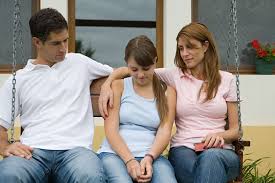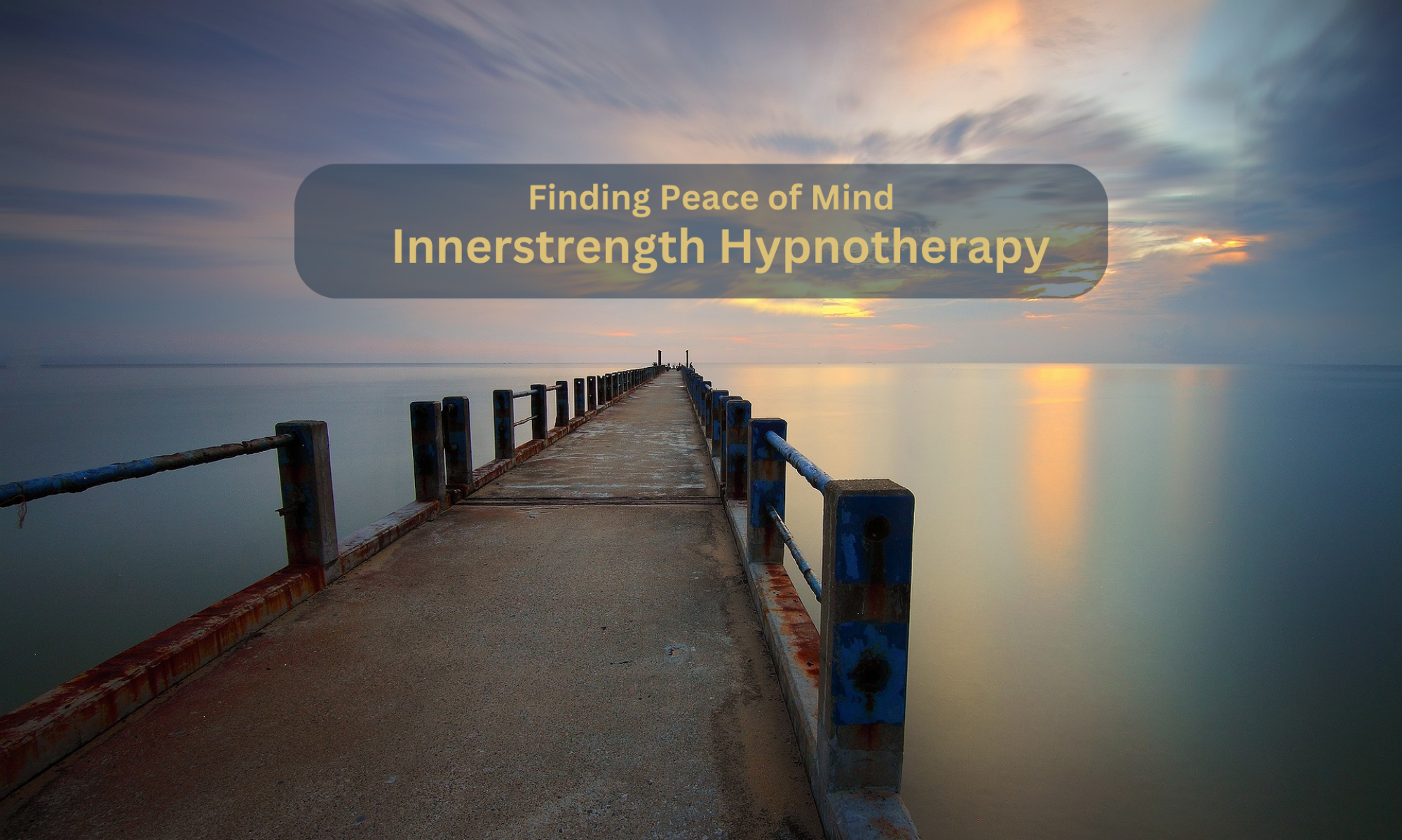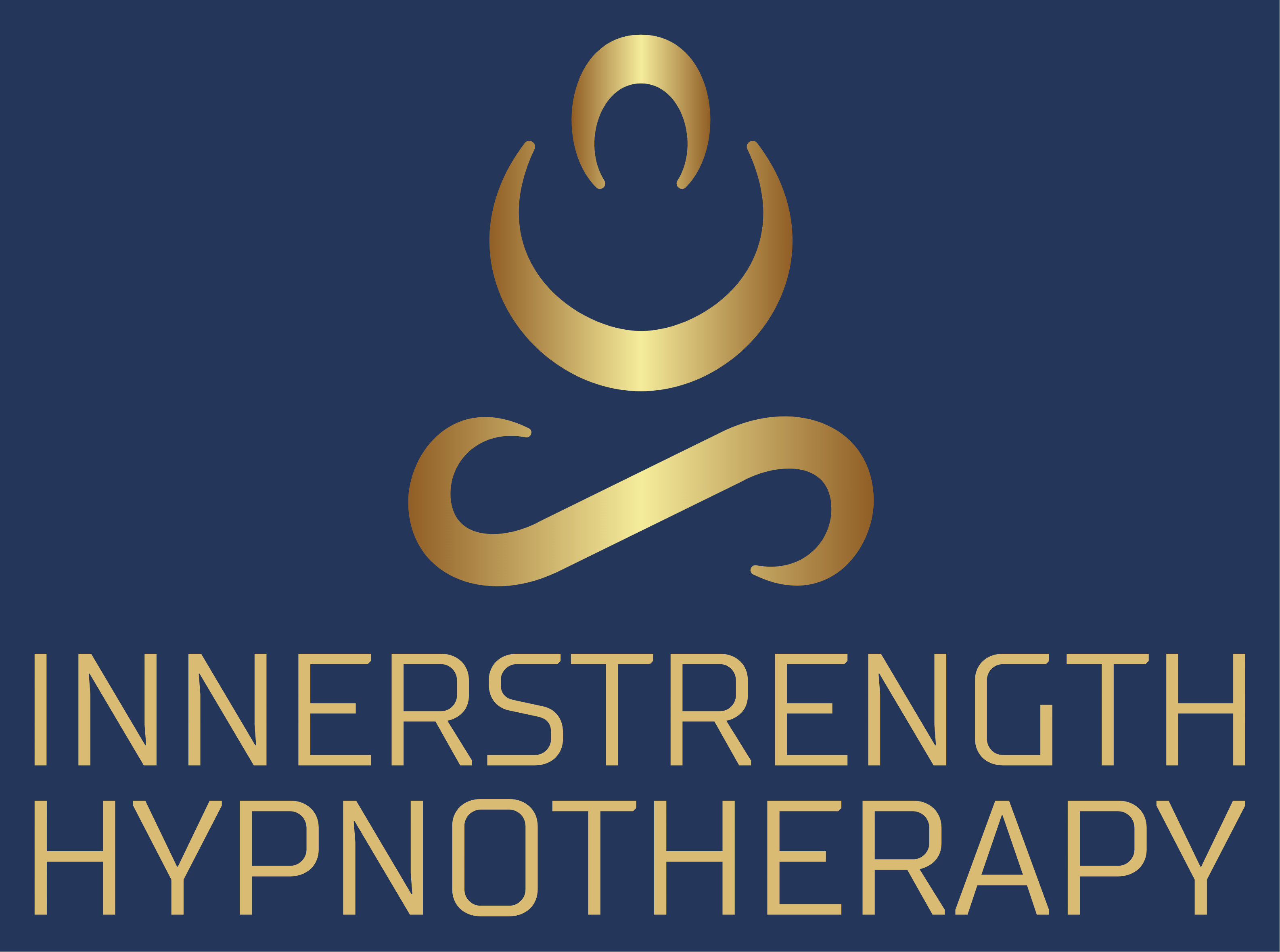Relationships Counselling
All relationships can struggle from time to time. Relationship counselling can help to improve communication and develop an understanding of each others needs.
Whether your are dealing with your life partner, your children, friends and even colleagues, communication skills are the greatest skill we can bring to our relationships. Through our counselling sessions you will be given skills to be able to communication much or effectively.

Do you know how your fighting is effecting your kids?
Your children learn what they see and hear !
Communication is the biggest problem in any relationship

The Four Common Reasons Relationships Fail
(Based on 35 years of research by The Morrison Institute)
|
Criticism Criticism involves attacking someone’s personality or character rather than a specific behaviour and often couples will blame. Criticism is very different from complaining. A complaint is a specific statement of anger, distress, displeasure, or other negativity. Criticism is much less specific. Attributes include: Blaming – Assigning blame to the other person Character Attack – “You always…..” “You never…..”,” You don’t care”, “You should know better” Kitchen sinking – Coming up with a long list of complaints, becomes overwhelming for the partner and not constructive Betrayal Statements – Similar to blaming, but more specific to trust – I can’t believe you did that, you know how much that means to me Negative Mind- Reading – A mind reading statement is any attribution that makes a negative assumption about one’s partner. Consider: Criticisms can be away of deflecting responsibility and considered defensive. |
|
|
Contempt Contempt is the attempt to insult or otherwise communicate a lack of respect towards one’s partner. Contempt is different from disagreement, it has an Icey quality with a suggestion of superiority – as if looking down one’s nose at one’s partner Attributes include: Sarcasm – Derisive laughter or ridiculing comment regarding something the partner has said – “sure I bet you did”. When the meaning of the statement is obviously reverse of what is being said. Mockery – Repeating something one’s partner has said with exaggerated intent to show lack of respect for the statement or the person who made the statement Insults – active communication to humiliate or belittle the other person “you’re an idiot”, ”your incompetent”, “your stupid”,” your ugly” Hostile Humour – humour that is mocking or insulting Eye Rolls – virtually always considered contempt
|
|
|
Defensiveness Defensiveness communicates an innocent victim stance. They assume that they are blameless. “Why are you picking on me”, leave me alone, I didn’t do anything wrong approach. Attributes include: Yes – But – The statement starts off as a yes but follows by a disagreement Cross complaining – Meeting a complaint with a counter complaint. This way deflecting from the initial complaint. Excuses – Instead of meeting the complaint with a “yes I know”, finds another place to rest the blame Rubber man/woman – The partner defends and pushes the blame back on to the partner for the same complaint. Counter –Criticism – This has a juvenile quality to it. The response is “well you don’t do it either” Aggressively defensive – The intensity is high. The individual does not back away, but rather assertively defends themselves. “No I did not do that?”` Physical cue – arms crossed |
|
|
Stonewalling Stonewalling is when a person ceases to listen to what the other person is saying. This happens when the person is adverse to that what the other is saying. Common when a partner is complaining, criticizing, raising an issue, or otherwise upset. Person is tuning out to what the partner is saying because of what the other is saying. Attributes include: Away Behaviour – Person focuses on something trivial to avoid eye contact. They are trying to avoid attack. The person is conveying I would rather not be here. No Backchannels – There is no vocal or nonverbal backchannel, no head nod, and no facial movement. They may even remove themselves from the conversation. This is a total lack of listening behaviour. Monitoring Gaze – It is similar to the away behaviour expect occasionally they will give eye contact and then quickly look away. Physical cues – Face appears stiff or frozen Consider: If the partner looks defeated the person may have withdrawn because they are now saddened by what has just been said to them. |

Learn better communication skills
Through relationship counselling you will be given strategies to build better communication and the ability to express yourself in a more productive way.
- When we learn the art of real communication, we can be heard.When we are heard clearly, our relationships have the ability to improve.
- As we learn to express our needs, wants and desires and listen to those of our partner, relationships can begin to improve.
- When we stop needing to be right and learn that compromise is an important of any relationship, relationships can improve.
- When we understand that our partner needs to become our best friend and not our worst enemy, relationships can begin to improve.
- When we learns to respect each others point of view, relationships can begin to improve.
Learn a better way to live and love………..
Common reasons why couples seek relationship counselling
- If you need assistance ask for what you need in a relationship
- If you find it difficult to express yourself
- If you find connection and intimacy difficult
- If you find listening and understanding other peoples points of views difficult
- If you seem to repeating the same patterns in your relationship
- If communication is difficult
- If your partner doesn’t seem to hear what you want
Who Needs To Attends The Session ?
Anyone struggling to communicate in a relationship can benefit from relationship counselling. Anyone from:
- Couples just starting out
- Married couples
- Blended families
- Parents and children
- Business partners or colleagues
- More…………………..
How does the process work ?
The first session involves the couple attending to bring forward the issues that have become a problem in their relationship.
I have found individual sessions are often required after the initial couples session, to help resolve any personal issues that each party maybe bringing to the current relationship, that they feel are causing issues.
Some examples:
- ex relationships still impacting them today,
- trust issues
- anger issues
- not feeling good enough or lovable
- cant express needs and wants
- commitment issues
- and more………………
I sometimes suggest hypnotherapy for those individual sessions if it is appropriate.
When the individual issues are resolved, coming together as a couple makes the work so much easier.
As one persons begins to change it can create a positive reaction with in the partner as well.

Couples therapy is designed to build better relationships for everyone.
Learn how to talk to your kids without creating a battle
Family communication can be an issues – learning how to communication with our children and teenagers, builds a better foundation for their future.

If you feel you need some assistance getting your relationship back on track, please contact me on 0424 300 678 and make a booking.

I look forward to working with you into the future……

Helping build better communication for the entire family
Contact Mobile 0424 300 678
Donna Kovacs









